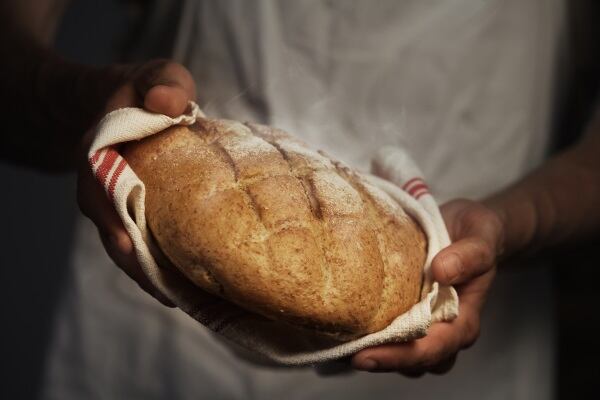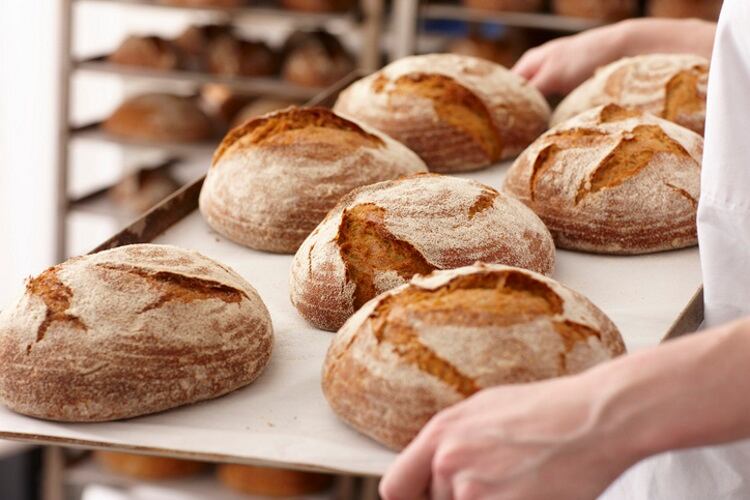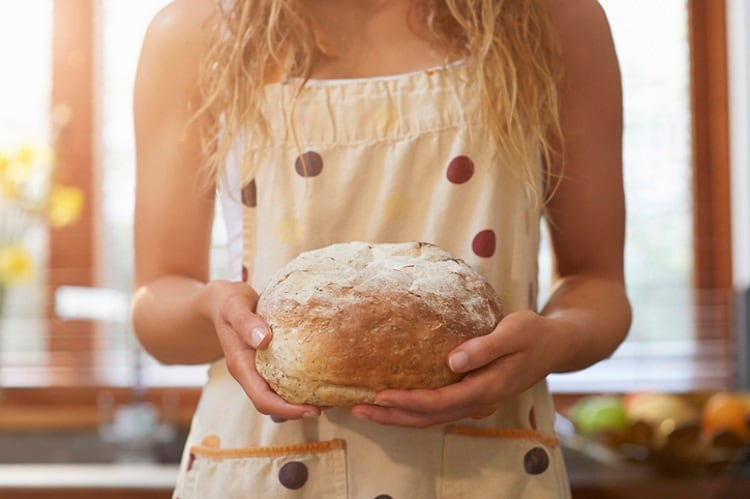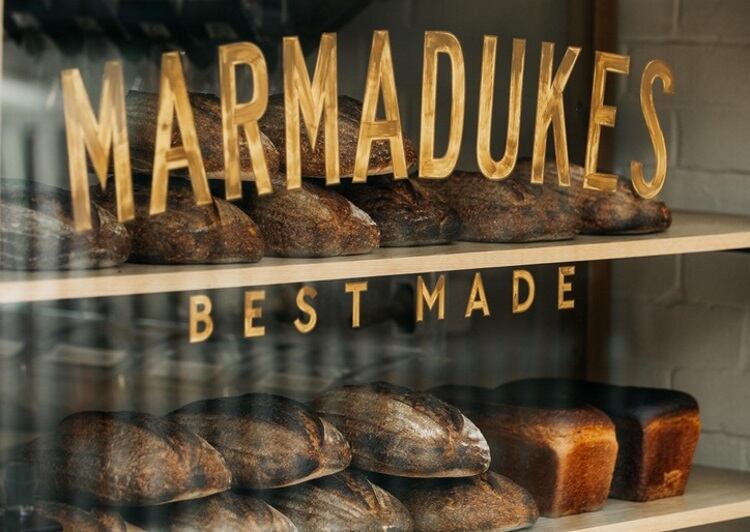The CoP is a new set of marketing terms and definitions regarding the labelling of sourdough.
Spearheaded by the Association of Bakery Ingredient Manufacturers (ABIM), the baking industry collaborated to produce this voluntary, self-regulatory code, including Federation of Bakers (FoB), Craft Bakers Association (CBA), Pizza, Pasta & Italian Food Association (PAPA), The British Sandwich and Food to Go Association, and the United Kingdom Association of Producers of Yeast (UKAPY).
“Our members and partners have been working hard for the past five years to unite the bakery sector behind shared terms for sourdough that allow each baker to express themselves freely whilst making it clear to consumers what’s on offer,” said James Slater, president of ABIM.
“We believe that that we’re there now and that this code of practice will play an important role in helping to make better, more delicious bread for all.”
Thumbs up

“The CBA represents over 500 bakery businesses in England, Wales, Northern Ireland and Channel Islands, all of which produce excellent products,” said CBA operational director Karen Dear.
“As the voice of the craft bakery sector, our purpose is to remain relevant for all members which is why we are pleased the Sourdough COP can guide members on the labelling of these products.
Added FoB chief executive Andrew Pyne, “We are delighted that after a long and careful period of consideration the Sourdough COP has finally been published.
“We believe it respects the values of traditional sourdough; recognises the public’s desire to enjoy the flavour of sourdough at an affordable and attainable level and responsibly guides bakers on accurately labelling for consumers understanding.
“Like most good codes of practise, this is a live document which will continue to be updated accordingly, but this final code consolidates the responsible sourdough labelling industry has been doing for many years.
Scottish Bakers CEO Alasdair Smith also welcomes the new sourdough code of practice.
“Anything that can further help and support our many members is to be applauded and we know that this code of practice will help to set a universal benchmark for labelling.”
Bertinet Bakery executive head of sourdough bakery Anomarel Ogen believes the document still needs tweaking, but essentially “provides a positive stepping-stone towards regulations that ensure consumers get the true sourdough bread they are paying for.
“From a Bertinet Bakery perspective we are fundamentally against the use of commercial yeast in a true sourdough product in any quantity and would like to see that removed in future iterations of this decree. Nor do we use improvers of any sort. We practice a rigorous regime of maintaining and fermenting our sourdough breads, which are made with just flour, water and sea salt. We are the only brand in the supermarket to feature the Real Bread Sourdough mark on pack providing consumers assurance of our quality and authenticity.
“I do imagine, however, that these guidelines will have a significant impact on other players in the category … [and] will reduce much of the ‘sourfaux’ phenomena and are overall a step in the right direction for the category and consumers.”
Slap in the face

Conversely, Real Bread Campaign coordinator Chris Young said the code is “an insult to those real bread bakers who make genuine sourdough and to people who will hand over their hard-earned cash in the belief that they will get something ‘better’ than, or otherwise meaningfully different to, other products.
“Genuine sourdough bread is made without the use of additives and is leavened only using a live sourdough starter culture.
“There’s nothing wrong with using baker’s yeast, either on its own or in combination with a sourdough starter – just don’t call it sourdough.”
Digging deeper into the Code

The aim behind the UK Baking Industry Code of Practice (CoP) for the Labelling of Sourdough Bread and Rolls is to unite the bakery sector behind clear and concise definitions for sourdough that prevents misinformation and misleading of consumers.
Real Bread Week
The Campaign is hosting its 14th annual Real Bread Week from 18-26 February 2023, designed to honour and celebrate real bread in all its guises and the people who make it.
This year, everyone is invited to have their say in the Campaign’s ‘A to Z of Real Bread’ – this might be about a particular type of real bread, bread making technique, local heirloom or landrace grain, and so forth.
Several of the Campaign’s ambassadors are hosting special events, such as the Scottish Real Bread Festival, a Foodbank bake, and workshops on sourdough, foccacia, ciabatta and pizza. Those interested will find more information on the Campaign’s website.
The underlying message of the annual event is to encourage business owners to find ways to make Real Bread more accessible, with a focus on affordability – essential in this current cost-of-living crisis.
In Europe, bakers typically comply with any local regulations or Codes of Practice of the countries into which they sell their products, according to Fedima (the Federation of European Manufacturers and Suppliers of Ingredients to the Bakery, Confectionery and Patisserie Industries).
Such as the French Décret Pain 93-1074, which breaks down the constituent parts of a sourdough starter, along with the necessary levels of acidity it must contain. Furthermore, adding baker’s yeast (Saccharomyces cerevisiae) is allowed when the dough reaches its last phase of kneading, to a maximum amount of 0.2% relative to the weight of flour used up to this point.
As yet, no such Code exists in the UK – prompting the so-called ‘sourfaux’ representations (purportedly, products with claims not found to follow the purist’s rules of making sourdough).
According to ABIM, its CoP suggests differentiating between methods of production so the integrity of the definition of sourdough is maintained and due recognition is given to the skill of the baker. It also recommends separating the use of ‘sourdough’ with ‘sourdough bread’ to mitigate against potentially misleading labelling information and as a means to highlight the methods by which they are produced.
While the majority of the industry is happy with the document, the Real Bread Campaign is adamant that genuine sourdough bread is made without the use of additives and is leavened only using a live sourdough starter culture.
“The code was written by people with vested interests in legitimising shortcuts to being able to profit from the 'goodwill' and ‘brand value’ embodied in sourdough bread,” added Young.
“We continue lobbying the government for an Honest Crust Act of updated and improved composition, marketing and labelling legislation. This includes a meaningful legal definition of the word sourdough and regulation of its use.”





